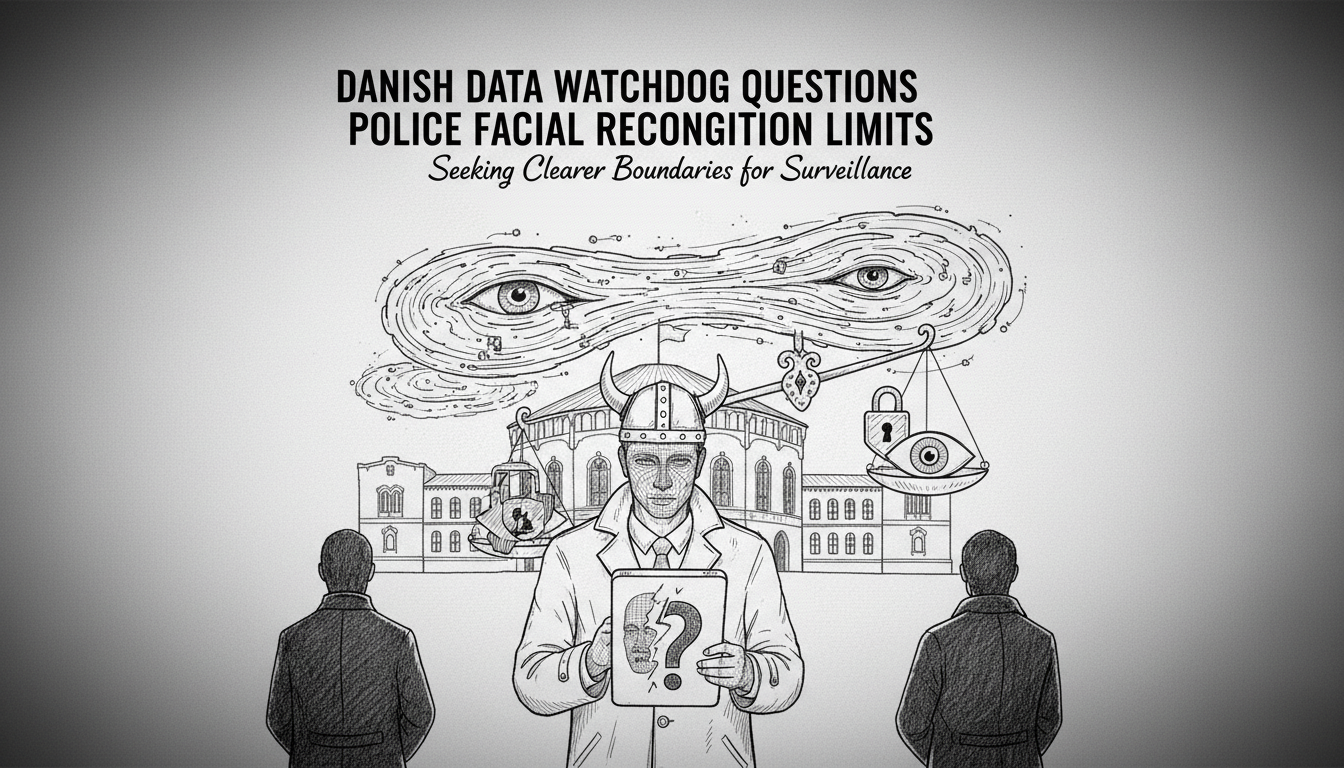Denmark's data protection authority has raised serious concerns about police use of facial recognition technology. The watchdog wants clearer legal boundaries defining exactly when officers can scan citizens' faces. This intervention comes during a pilot project testing the controversial surveillance tool.
Police gained parliamentary approval to use facial recognition for investigating serious crimes last year. The system currently targets offenses like murder, attempted murder, and severe violence. Yet the regulations include a vague category covering similar violations that worries privacy advocates.
Data protection experts argue this ambiguity creates dangerous legal gray areas. The technology represents an intrusive power that demands precise limitations. Clear rules must specify exactly which criminal acts justify facial scanning.
IT security specialist Jørn Guldberg from the IDA union describes the tool as deeply powerful. He acknowledges initial steps to restrict usage but insists current boundaries remain inadequate. The data protection authority correctly identifies this lack of clarity as problematic.
European Union regulations recently banned real-time facial recognition in public spaces. Denmark's unique legal position exempts the nation from these rules. The country maintains its own approach to balancing security needs with privacy rights.
Justice Minister Peter Hummelgaard has emphasized the pilot excludes live facial scanning in public areas. This distinction matters because real-time surveillance poses greater privacy risks than reviewing existing footage.
Danish society continues debating how technology should enhance public safety without eroding personal freedoms. The facial recognition pilot represents just one front in this ongoing discussion about digital rights and police powers.
Integration challenges often surface when new technologies intersect with civil liberties. Copenhagen's diverse communities particularly need transparent policies about surveillance tools. Residents deserve clear understanding about when and how authorities might scan their faces.
Municipal social centers frequently help newcomers navigate Danish systems and regulations. Uncertainty about police surveillance methods could complicate trust-building between communities and authorities. The welfare system functions best when all residents feel equally protected under the law.
Recent statistics show integration success often correlates with public trust in institutions. Ambiguous surveillance policies risk undermining that crucial confidence. Denmark's social policy traditionally emphasizes both security and individual rights.
The data protection authority's intervention highlights this balancing act. Its recommendation for legislation specifying acceptable uses makes practical sense. Laws provide certainty that internal guidelines cannot guarantee.
Police have explained their non-exhaustive list of offenses allows flexibility for unforeseen circumstances. They want capacity to address serious crimes displaying particular danger or multiple perpetrators. Yet such open-ended authority makes privacy advocates understandably nervous.
This debate reflects broader European tensions around technology and civil liberties. Denmark's approach to immigration policy and integration often emphasizes clear rules and expectations. The facial recognition discussion extends that principle to digital governance.
As the pilot continues, all stakeholders await clearer parameters. The data watchdog's input emphasizes that technological capabilities must serve democratic values. Danish society now faces the complex task of translating that principle into practical policing guidelines.

